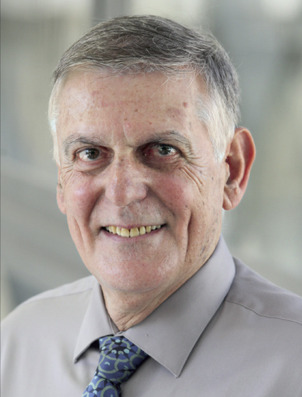Nobel laureate Dan Shechtman of the Technion in Haifa, Israel, and Iowa State University, will give the plenary talk on “Quasicrystals: Discovery, structure, property and uses,” at the 2012 Materials Research Society Fall Meeting in Boston. His talk will outline the discovery of quasicrystals and discuss their structure as well as some of their properties and uses. The presentation will be given on Monday, Nov. 26 at 6:30 p.m. in the Grand Ballroom of the Sheraton Boston Hotel & Towers.

Shechtman made the discovery in 1982, followed by the unpopular announcement in 1984, of the first quasiperiodic crystal that revolutionized the understanding of the atomic order of solids. “QCs are ordered materials, but their atomic order is quasiperiodic rather than periodic, enabling formation of crystal symmetries, such as icosahedral symmetry, which cannot exist in periodic materials,” Shechtman said. While Shechtman faced nearly a decade of harsh resistance from the crystallography community, research persisted, producing the publication of a large volume of experimental and theoretical studies. In 2011, Shechtman received the Nobel prize in Chemisry for his work on quasicrystals.
After receiving his doctorate degree from the Technion, Shechtman was an NRC fellow at the Aerospace Research Laboratories of Wright Patterson Air Force Base, Ohio. In 1975, he joined the Department of Materials Engineering at the Technion where he is currently a distinguished professor, and in 2004, Iowa State University and Ames Laboratory. He is a member of several academies, including the National Academy of Engineering, and he is an honorary member of professional societies around the globe. He has been awarded many prizes, including the Wolf Prize in Physics, the Gregori Aminoff Prize of the Royal Swedish Academy of Sciences, and the 2011 Nobel Prize in Chemistry.


